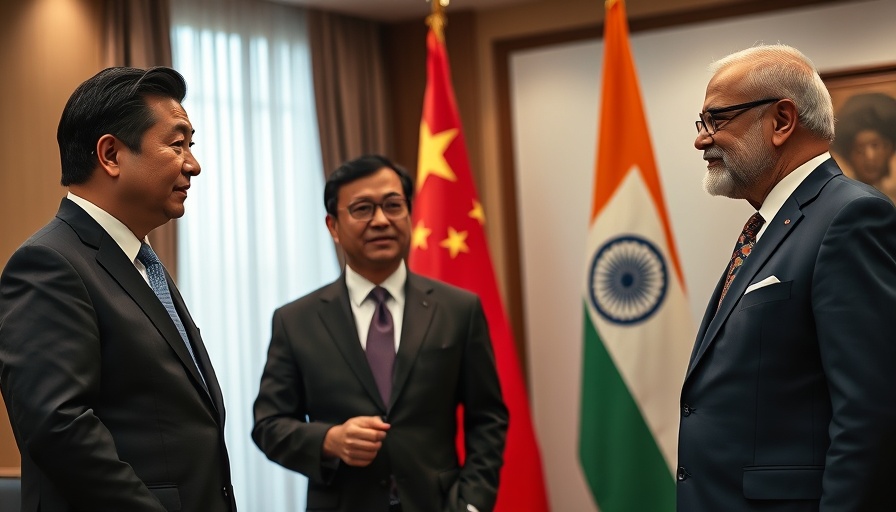
Jimmy Lai's Trial: A Crucible for Hong Kong's Future
The recent closing arguments in the high-profile trial of Jimmy Lai, a prominent media mogul and pro-democracy activist, have drawn international attention, spotlighting the delicate balance between governance and individual rights in Hong Kong. Under heavy security measures, Lai appeared in court, where his supporters eagerly awaited updates on his fate. The notable 77-year-old has faced harsh treatment since his detention in December 2020, an act that many see as a personal assault on free expression in the region.
In 'Jimmy Lai’s national security trial enters final arguments in high-stakes Hong Kong case', the discussion delves into the trial’s broader implications on democracy and freedom in the region, prompting us to analyze its significant consequences.
The Political Landscape and Lai’s Role
Prosecutors have accused Lai of colluding with foreign forces, particularly the United States, to undermine Beijing’s authority in Hong Kong. This accusation stems from his open critique of the Chinese government and his role in founding the Apple Daily newspaper—long a bastion of pro-democracy voices. The alleged slogan of promoting international sanctions reflects a broader narrative that frames dissent as treachery, rather than a legitimate challenge to authority.
Judicial Independence at Stake
As observers worldwide await the trial's verdict, the implications extend beyond Lai's individual case. Many are questioning the independence of Hong Kong's judicial system, which is increasingly viewed as capitulating to Beijing's influence. The terms of Lai's detention and trial are seen as pivotal moments that could dictate the future of free speech and judicial fairness in the territory. The apparent erosion of civil liberties is alarming for advocates of democracy, raising questions about the future landscape of political discourse in Hong Kong.
A Call to Action for Global Awareness
The struggle of Jimmy Lai must resonate beyond Hong Kong's borders. As global citizens, it is imperative to remain vigilant and engaged with the efforts to maintain judicial independence and civil liberties in the face of authoritarianism. Advocacy for human rights and transparency is crucial, particularly in regions where political dissent faces significant threats. By staying informed and vocal, we can collectively push back against systemic injustices that threaten democratic values worldwide.
 Add Row
Add Row  Add
Add 




Write A Comment